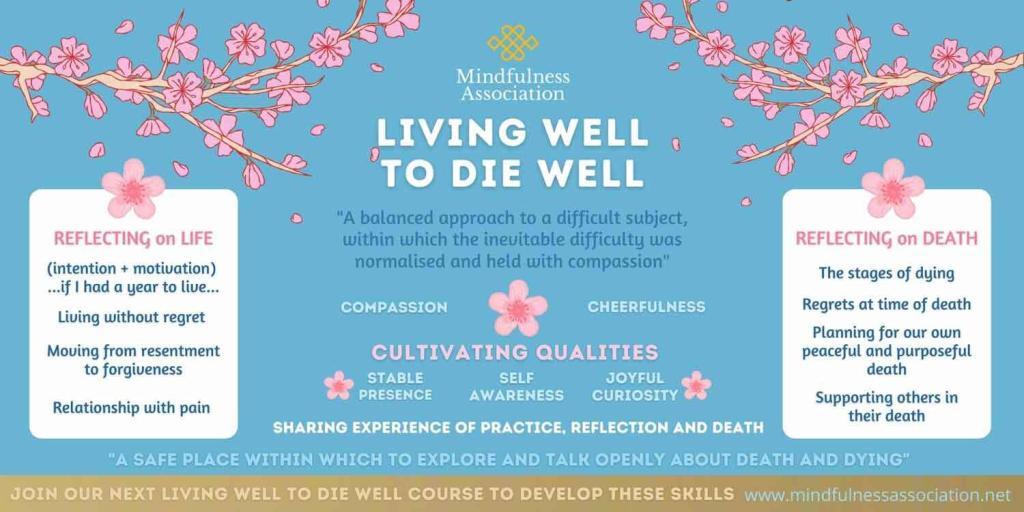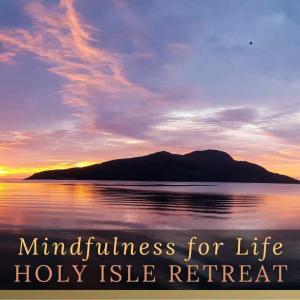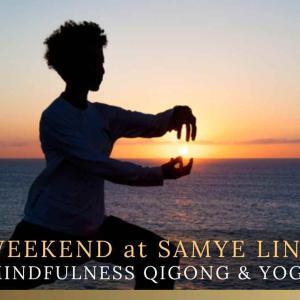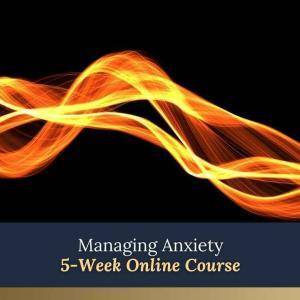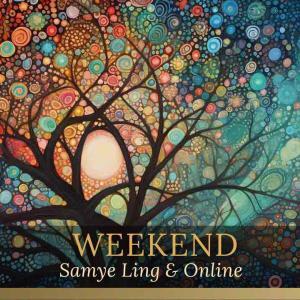
Living Well to Die Well
Living Well to Die Well Mindfulness Six Week Online Course and optional One Year Course Online
It starts with six evening online sessions (£165.00) and the choice to follow with twelve evening sessions online (for an additional £165.00) or book both for £330.00 (payable in monthly instalments)
How our participants have benefited from the Living Well to Die Well Course
“The environment that was created for people to feel safe when discussing a difficult subject”
“The open honest talking and sharing. Listening to others lives and their difficulties – felt less alone great reflections”
“I loved the practices, also the teachings, especially the stages of death”
“Everything – the variety of practices and the sharing. Particularly valued inputs on process of dying and living without regrets and emphasis on compassion
” I thought both teachers were excellent. I loved the tai chi! I’ve done it before and never got on with it but Jackie’s tai chi was something special
” I found the course overall very beneficial, particularly liked the Taking in the Good practice, and the Living with out regret”
” The MA process practice followed by extremely skilful enquiry. Hearing how others experienced the practices.”
” Support in reflecting upon my own mortality and giving practices to make the most of my life. “
” Being able to share and listen openly about death Found this very grounding and normalising. It’s very rare to have such an opportunity.”
Part One of Living Well to Die Well
with Heather Regan-Addis and Jacky Seery
Part One- Online sessions (19.00-21.00pm) Wednesday evenings- 21st May to 25th June 2025
The further 12 evening online sessions will run on Wednesday evenings (19.00-20.15pm) – Wednesday 23rd July, 27th August, 24th September, 22nd October, 19th November, 17th December 2025, 21st January, 25th February, 25th March, 22nd April, 20th May and 24th June 2026
Why might you want to do this course?
It might seem like a difficult topic to tackle. However there are two main reasons why this course will be of benefit to you.
First – How can we learn to live our lives more joyfully, and navigate life’s challenges more easily so that we can say we have truly lived every minute of our lives?
Second – Inevitably we will be faced with the death of someone we know or love. This course will provide some insights and practices to help us cope better with these events when we are faced with them.
Price: £330.00 payable in six monthly instalments of £55.00 (for part one and the twelve online sessions) or £165.00 for part one only.
Times: 19.00-21.00pm for part one online and 19.00-20.15pm for the follow up online sessions.
Location: Online via Zoom.
Booking: contact info@mindfulnessassociation.net
A key aim of the Buddhist path is preparation for death, but what about those of us who are mindfulness practitioners? How do we prepare for our death and for the death of our loved ones? How can we support each other in the processes involved at the end of life? In this course we will explore how we can live well so as to prepare for a good death, without fear or regret. Our practice will be based around loving kindness, tonglen, imagination practices and open awareness. By becoming more mindful and compassionate in our approach to death, we can support ourselves and others when faced with end of life. As we become more mindful, we will be able to recognise the stages of death more easily and introduce practices to best support the transition. We will also explore fear of death, fear of pain and moving from regret and resentment towards forgiveness.
We expect that this course will then be followed by a part two, in a similar format but the long term aim is to set up a support group of people who have gone through this training so as to support each other in the face of bereavement and in due course in the face of our own death.

